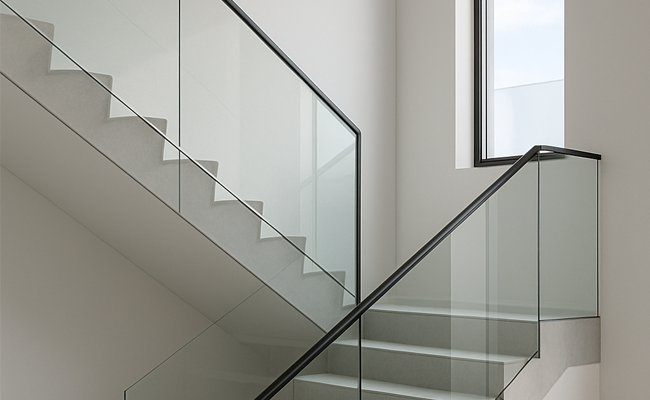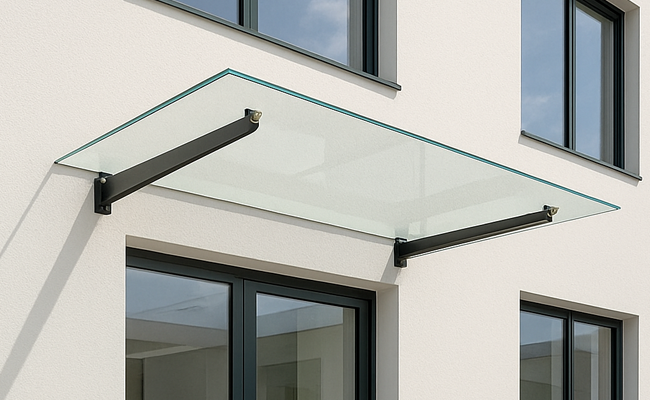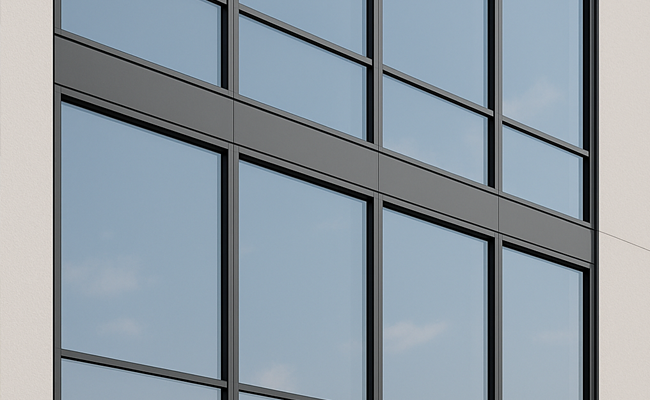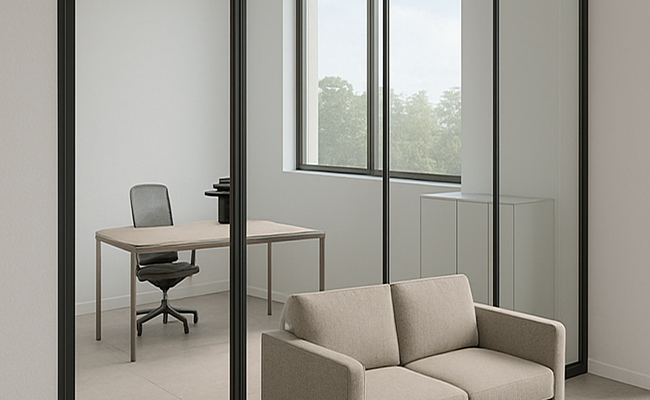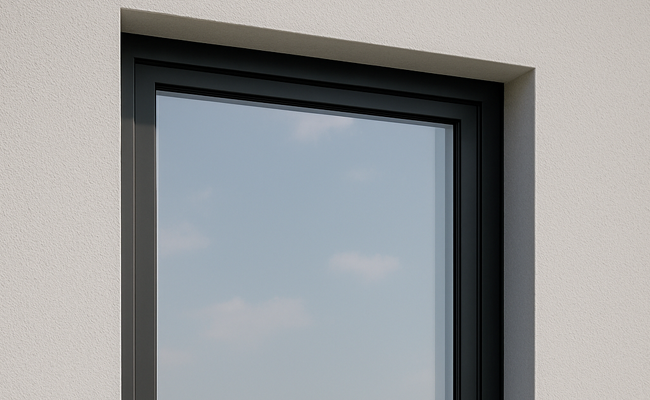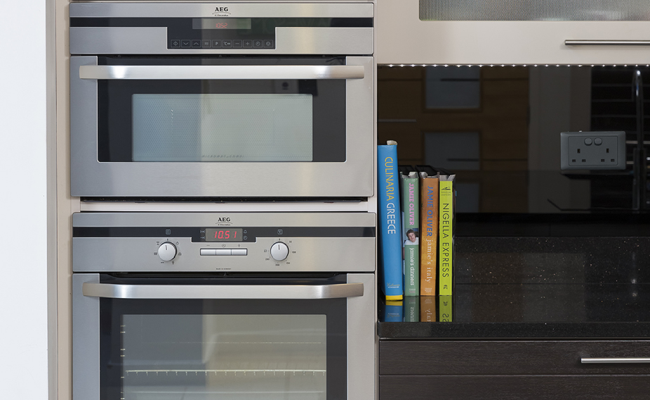Noise control glazing: it’s all so quiet
From music and construction sites to flight paths and motorways, no matter where we live, noise has the ability to encroach on our day-to-day lives.
With more vehicles on our roads than ever before, it’s little wonder that a lot of homeowners and tenants complained of hearing disruptive traffic noise.
In bustling towns and cities, inhabitants repeatedly hear noise from neighbours that spoils their home life.
Preventative measures
For those living in urban areas, where noise is more prevalent, landlords are increasingly looking for cost-effective, aesthetically pleasing solutions to this ever-growing problem.
Windows can, when installed correctly, offer one such solution to improving the acoustic insulation of our flats and houses. In order for these to work at their best, getting the glass specification inside such units correct is paramount.
Specialist noise control glass such as Pilkington Optiphon™ has the ability to dampen and block out low and high frequency sounds thanks to a special polyvinyl butyral (PVB) interlayer ‘sandwiched’ between laminated panes of glass.
This acoustic PVB absorbs a portion of the sound energy while reflecting noise outside. The remaining sound, now significantly reduced, passes into the building. All this is achieved without compromising on the levels of natural light transmitted into a home.
How it helps
When installing acoustic insulating materials, it’s also important to understand the type of noise causing the disturbance. This is particularly the case in towns and cities where tenants will be subjected to multiple sources of noise pollution, where a special combination of glass panes will be required to offer the best results.
Road traffic noise, for example, is typically made up of low frequency sounds, however, this can be influenced by a vehicle’s speed, engine type or road surface. Aircraft noise can also vary: take off is dominated by low frequencies, whereas the noise from a landing aeroplane is dominated by high frequencies due to the engines being in reverse thrust.
Such sounds can be effectively supressed by using glass of different thicknesses within an insulating glass unit (IGU). This specification also works well where an advanced level of acoustic insulation is required, for example when a home is very close to a railway station.
As well as effectively reducing noise pollution, the acoustic PVB interlayer in noise control glass can contribute to the safety and security of a home as it’s more resistant to penetration than monolithic glass, making the window harder to break through.
Futureproof your property portfolio
While there are other acoustic insulating materials available to homeowners, such as mineral wool, there is no other that’s arguably as visually appealing as glass. Glass is relatively easy to install, eye-catching and can be used for both interior and exterior glazing installations. Landlords are able to effectively block out disturbing sounds affecting their tenants home life while maintaining a bright and spacious-feeling home. Also, other functions such as thermal insulation and self-cleaning can be incorporated into the glazing solution.
As our towns and cities will only becoming noisier in the years to come, it’s likely that local authorities will consider specialist acoustic insulating solutions, like glazing, that can keep their properties quiet and comfortable for tenants.
It’s vital to keep educating end users to the benefits of high-performance acoustic insulating glass and the role it can play in future-proofing homes against this environmental challenge.
